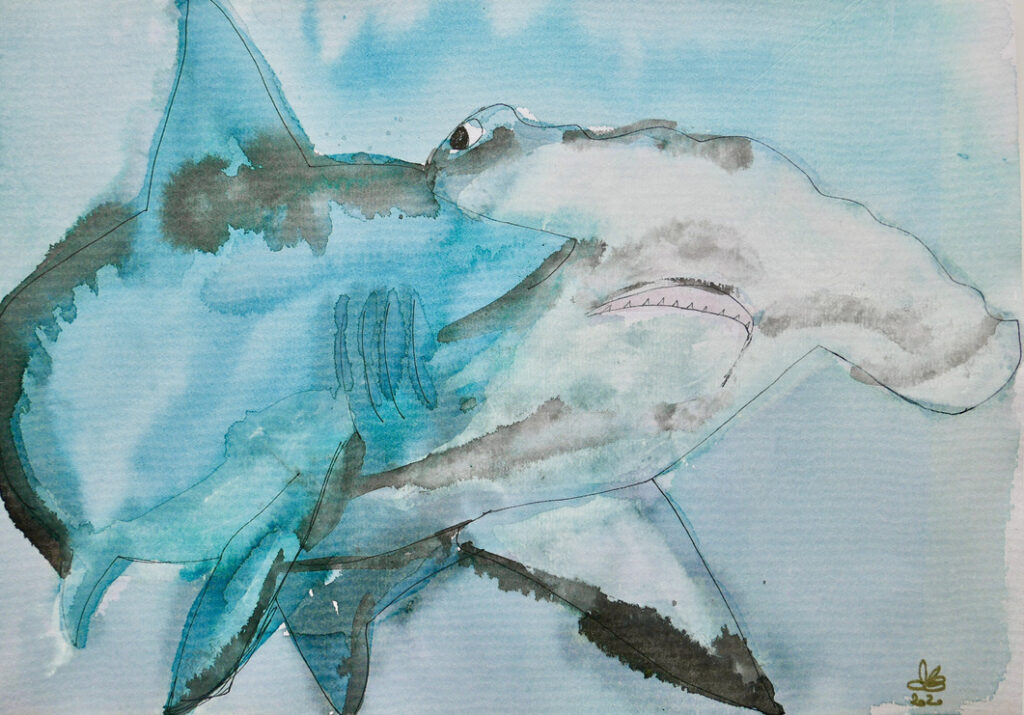Pathway Description
Previous learning pathways such as The Ocean and Human Rights, and Cultural Heritage and Ocean Governance, and art exhibitions like Traditions fand tales from the sea highlight resources discussing the intrinsic linkages between the ocean and societies across the globe. The Blue Economy is an emerging concept in the ocean governance sphere and was formally introduced at the United Nations Conference on Sustainable Development held in Rio de Janeiro in 2012. This innovative approach aims to harmonize ecological sustainability, social equity, and economic growth within ocean and coastal regions. According to the United Nations Conference on Trade and Development (UNCTAD) in 2014, the Blue Economy seeks to ensure sustainable ocean governance by balancing diverse economic development objectives. As such, an ideal framework for achieving the Blue Economy encompasses robust sustainable development goals and is regulated by international, regional, and national governance bodies. This participatory framework, endorsed by the international agencies such as the United Nations Commission for Africa, underscores the importance of a collaborative approach for managing ocean resources and economic development. However, the realities of achieving a Blue Economy implementation strategy that is inclusive and just have been under question.
Through this learning pathway, participants will explore the multifaceted dimensions of the Blue Economy along with its contestations.
Key words: Blue Economy, Blue Justice, Conflict, Trade-offs, socio-economy, coastal communities, food security, sustainable development, livelihoods, ocean health
Time required for the completion of the full pathway: 1.5 hours
NOTE that you need not complete the entire learning pathway in one session.
Learning objectives –
by the end of this Learning Pathway, you will have an understanding of:
- The vague and often obscure definitions and objectives of the blue economy as a global initiative
- The multifaceted issues and contestations within the Blue Economy
- The potential benefits and drawbacks of various Blue Economy initiatives in different geographical contexts
- The importance of acknowledging ocean justice and inclusive blue economy implementation strategies, particularly in the context of ocean-dependent coastal communities.
This learning pathway was written by Aphiwe Moshani, a Ph.D. candidate at the University of Cape Town and a One Ocean Hub ocean governance and coastal livelihoods ECR.
Pathway Content
Module 1 Introduction to Blue Economy as a Sustainable Development concept
Much ambiguity has persisted in adequately defining this concept and its role in achieving sustainable development in oceans. Although various attempts have been made to establish a widely accepted definition of the Blue Economy, particularly when it is used synonymously with related concepts like ‘blue growth’ and ‘oceans economy,’ the resulting confusion in how the concept is understood by different stakeholders has created a foundation for conflicting interpretations and competing interests. Module 1 focuses on promoting resources that provide insight into widely accepted definitions of the Blue Economy.
Module 2 Tensions, Contradictions and Trade-Offs in the Blue Economy
Module Two delves into the complexities and challenges inherent in the Blue Economy, focusing on the tensions, contradictions, and trade-offs that arise when attempting to balance ecological sustainability, economic growth, and social equity. Despite its promising framework, the Blue Economy faces significant obstacles as stakeholders navigate competing interests and priorities. This module will explore the inherent conflicts between short-term economic gains and long-term environmental health, the disparities in resource access and benefits among different communities, and the policy dilemmas that emerge from trying to satisfy diverse objectives.
Module 3 Blue Justice and the transformation of ocean governance
Module Three delves into the imperative of Blue Justice within the broader context of the Blue Economy, focusing on how exclusion from decision-making processes and inequitable access to ocean resources further disenfranchises historically and structurally coastal communities. The module introduces blue justice as coined by Professor Moenieba Isaacs as a term that seeks to address the historical and ongoing inequities faced by marginalized and vulnerable communities in accessing and benefiting from marine resources. Through critical analysis of case studies, participants will examine the importance of a just and inclusive blue economy.
Module 4 Quiz
Test your knowledge of human rights and the ocean.
Start Learning Pathway